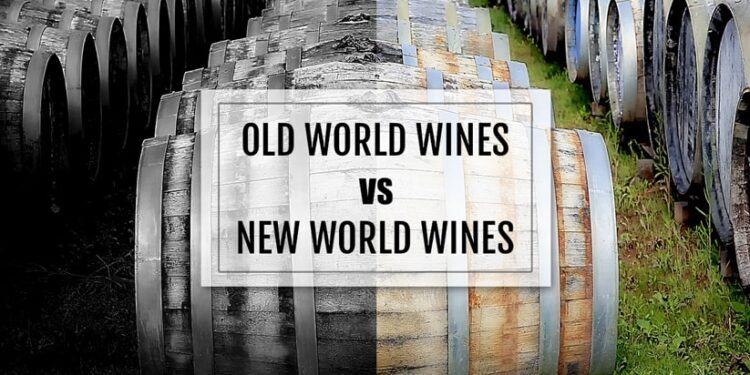New Zealand v Alsace and South Africa v the Loire, the same grape in different areas brings very different rewards
Te Whare Ra Toru, Marlborough, New Zealand 2022 (£20.35, lescaves.co.uk) The wine world has a bit of a thing for events in which the wines of a supposed upstart from the New World are tasted alongside the wines that inspired them in the classic European regions. It’s a habit that dates back to the Judgement of Paris, a tasting that still looms large in the wine trade imaginary despite taking place almost half a century ago in 1976, when a Paris-based British merchant, Steven Spurrier, got a panel of French experts to blind taste a bunch of California wines against the very best of Bordeaux and Burgundy. Sensationally, two California wines came out on top, announcing the US region’s arrival as a serious fine wine player on the world stage. The most recent event of this type I attended pitted a set of wines from New Zealand against their equivalents in Alsace. “Alsace Rocks, New Zealand Rolls”, was designed to be more instructive than competitive, but it certainly showed how far top aromatic New Zealand whites, such as Toru, have come.
Domaine Zind Humbrecht Heimbourg Pinot Gris, Alsace 2017 (£32, thewinesociety.com) The gorgeous aromatic ripple of tropical and temperate fruit (pineapple and mango meets apple and pear) of Toru’s Alsace-alike blend of gewürztraminer, pinot gris and riesling set the tone for a tasting in which the New Zealand wines performed much stronger than this Francophile expected, with many of the New Zealand bottles matching (if never quite out-matching) the equivalent Alsace wine they were tasted against. The Toru, for example, was not at all out of place in the company of the immaculate silkily textured honeyed blend of 13 grapes from one of my favourite Alsace producers: Marcel Deiss Berckem 2018 (£26.95, leaandsandeman.co.uk). And it was a surprise for me, too, that Prophets Rock Pinot Gris 2020 from Central Otago, with its sumptuous succulent pear and quince and gentle floral tones, was able to stand shoulder to shoulder with the luxuriously plush but fluent wine made from the same grape variety, pinot gris, by one of the world’s most celebrated white winemakers, Olivier Humbrecht in Alsace.
Ken Forrester Stellenbosch Reserve Chenin Blanc, Stellenbosch, South Africa 2020 (£12, Marks & Spencer) The French winemaking region with which New Zealand is most frequently compared and contrasted is not Alsace but the Loire, thanks to a shared facility with sauvignon blanc. Such has been the success of the New Zealand take on the variety in the past 30 years, it’s not surprising that some Loire winemakers have tried to incorporate some of the exuberant Kiwi style into their sauvignons although the best of Sancerre, Pouilly-Fumé et al is still utterly Northern Hemisphere in its cool, grassy style. The Loire is also the focus for tastings by South African winemakers, who are endlessly curious about how their often-superb versions of dry chenin blanc are measuring up to wines made in the variety’s original home. Here’s a couple to try at home from two masters of the variety: South African Ken Forrester’s toasty, concentrated, superb-value Reserve Chenin; and the nervy, tingling, tangy wonder of Domaine de la Taille aux Loups Montlouis Sur Loire 2017 (£25.68, justerinis.com), a tribute to the late master of Loire Chenin Jacky Blot, who passed away in May.
Source: The Guardian




Recent Comments